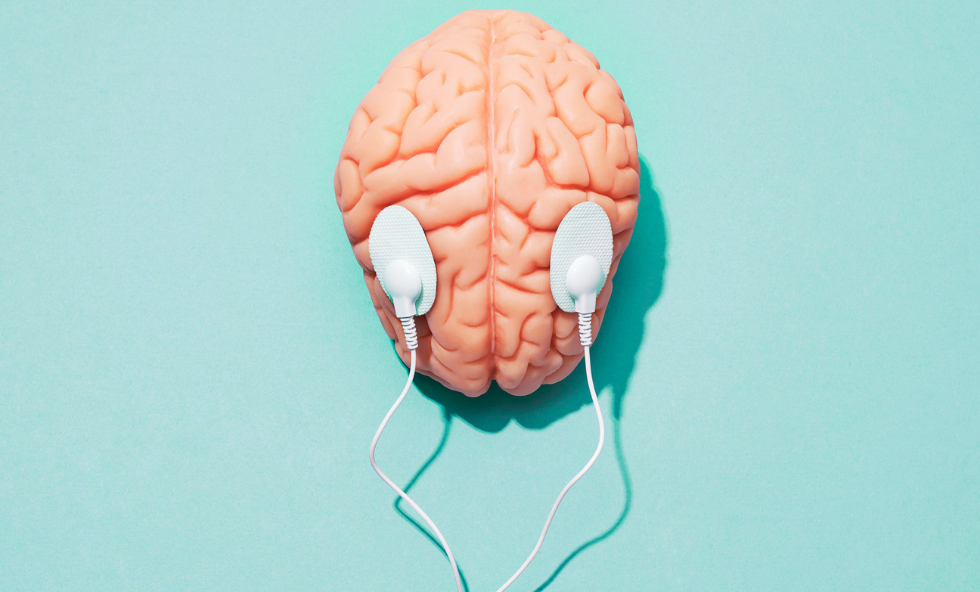
Written by Palina Lancaster, MS, RDN, LD, Director of Dining, Morrison Healthcare
Palina Lancaster, MS, RDN, LD is an adjunct professor teaching Nutrition for Health at the Mississippi University for Women. As a dietitian for over 17 years—and a contributory writer for almost as long—she empowers and informs individuals to take charge of their own health.
—
Traditionally, our dietary research focused largely on physical health. It is well documented that how we eat impacts our cardiovascular health, our weight, and our activity levels. In more recent years, however, we have learned more about how mental health is impacted by changes to our diets. Why, when we are feeling anxious, or experiencing high stress levels, do we crave highly processed, sugary, or high-fat foods?
This occurs because when our stress levels rise, so does Cortisol, one of the hormones which impacts our perception of feeling hungry. During periods of high anxiety, we find ourselves reaching for the “ready to eat” pre-packaged foods that do not help us feel better in the long run.
In my personal practice, clients report that they reach for “comfort foods” during times of stress, leaving them feeling worse than they did before, and exacerbating feelings of anxiety, resulting in a lack of energy, brain fog, and feeling overwhelmed. If we aren’t getting the lasting benefits of reaching for our “comfort foods,” then what should we eat? Can we eat our way to better mental health?
Antioxidants and Mood
Antioxidants play a vital role in the mind and body, removing free radicals that linger, and suppressing the oxidative stress pathways they travel on. Think of this as a roadblock; antioxidants don’t allow the “stress” to travel any further down the highway. This roadblock in turn facilitates an overall improved immune function including reduced inflammation, which boosts mood and improves mental health functioning.
Avocado:
Avocados are a great source of antioxidants, are available almost year-round, and are easy to spice-up and enjoy as a snack. Avocado is also rich in Vitamin E (another antioxidant) providing neuroprotection and neuroplasticity by promoting block proteins. Avocados also have one of the highest concentrations of mono-unsaturated fat, which is important for the function of our brain. Because it is a “good” fat, it leaves us feeling satisfied longer, warding off hunger naturally.
Grass-Fed Beef:
Another food that is high in antioxidants is grass fed beef, boasting 3x’s more vitamin E than grain-fed beef. Beef also contains creatine, which tends to decrease in us as we age. Low creatine levels are indicated in those who are carriers of the APOE4 gene, which increases the risk of Alzheimer’s disease. Adding grass-fed beef to your diet in moderation a few times a week may help boost your mood and contribute positively to your focus and cognitive memory.
Eat Your Veggies—and Get Your Omega 3’s:
Dark green leafy vegetables such as kale, spinach, lettuce, and watercress are a rich source of omega 3 Fatty Acids, also well known for their anti-inflammatory properties. These healthy greens protect our cells and tissues from oxidative stress (remember the roadblock analogy), which in turn allows them to function at optimal levels and helps us to feel our best both mentally and physically. Other examples of Omega 3 Fatty Acids are salmon, nuts, seeds, and legumes.
By choosing foods that are rich in antioxidants and healthy fats, we supply our cells with much needed support to face our day— and keep us feeling our best. And when we train our bodies to crave nutrient rich foods, we reach for our comfort foods less often.
We encourage you to start by making small changes to your diet, and don’t forget to chart your progress. Small changes lead to big success. And we are with you every step of the way.





